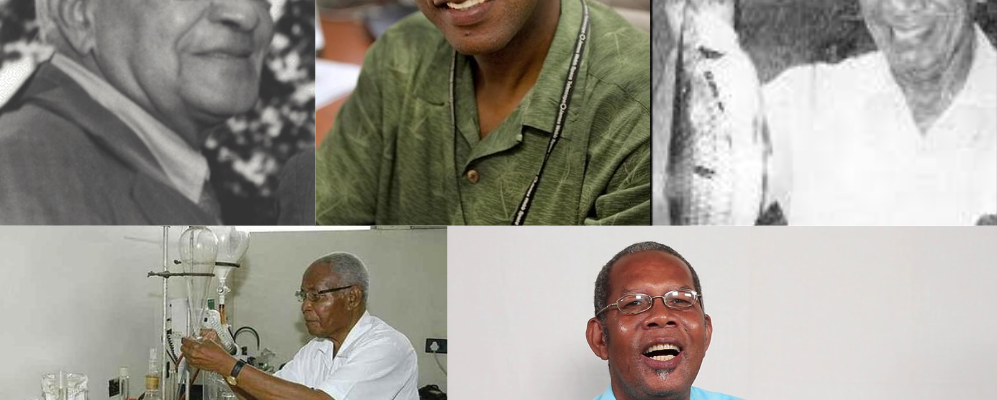
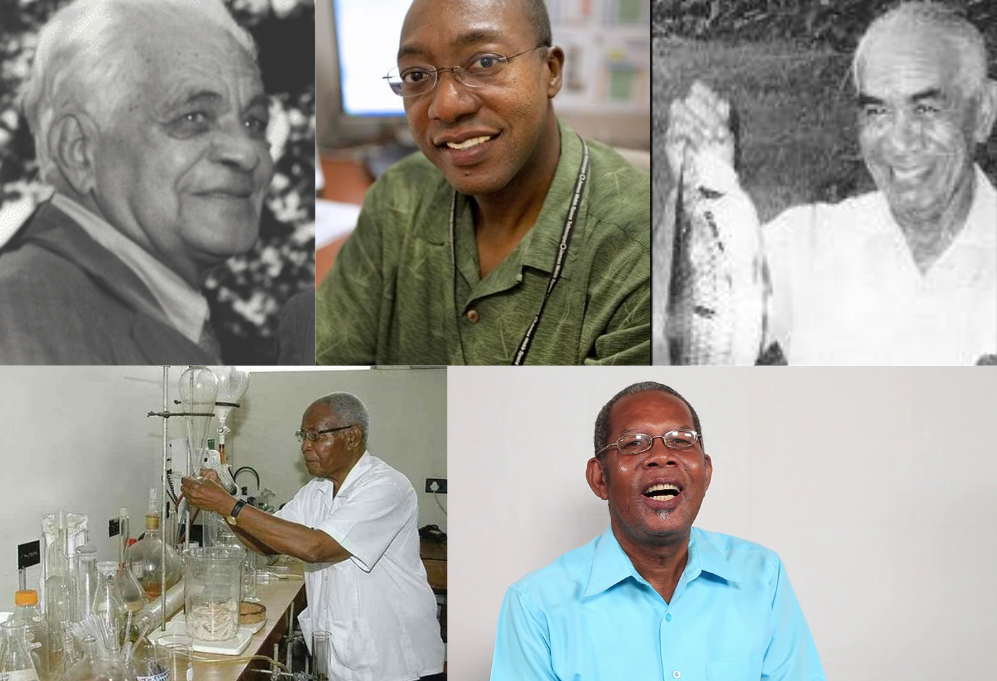
Jamaica is known globally for its food, music, beaches and athletes, but the country is also home to a few inventors who have made significant contributions to the advancement of medicine, science and agriculture, not only on the island but globally.
Black History Month is celebrated annually in the month of February.
Established in the United States, the month is dedicated to honouring the triumphs and struggles of African Americans. Its observance has also been adopted by other members of the Black community, including those in the Caribbean.
Black inventors have often made several contributions to the advancement of human life that are rarely public knowledge. In Jamaica, especially, some people often lack knowledge about their fellow citizens who have paved the way for a brighter future.
Through research, Our Today discovered five Jamaican inventors and their inventions and here is what we found.
1. Dr Thomas Philip Lecky
If you enjoy biting into a steaming hot beef patty that sometimes oozes cheese or munching down on some well-seasoned stewed beef, the next time you enjoy these dishes you should consider thanking Dr Lecky.
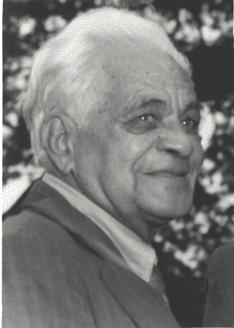
Born in Portland, Jamaica in 1904, Lecky is known for creating new cattle breeds that are more sustainable in Jamaica’s climate. While studying in Scotland during the 1950s, the agriculturalist successfully developed three new cattle breeds. These include the Jamaica Hope, Jamaica Red and Jamaica Black.
Jamaica Hope is a dairy breed cattle that was achieved through the combination of the British Jersey (a
small, light-feeding cow), the Holstein (a heavy milk producer cow) and the Indian Sahiwal that was disease-resistant and suited to the warm climate. The Jamaica Red and the Jamaica Black were both used for beef production, but the Jamaica Red became the chief cattle reared for beef.
Before his death in 1994, Dr Lecky was conferred with the national honour of membership in the Order of Merit, for service to the dairy and cattle industries of Jamaica in 1978.
2. Robert Rashford
Born in Kingston, Jamaica in 1957, Rashford migrated to the United States in 1978 where he developed a career inventing tools for space exploration missions.
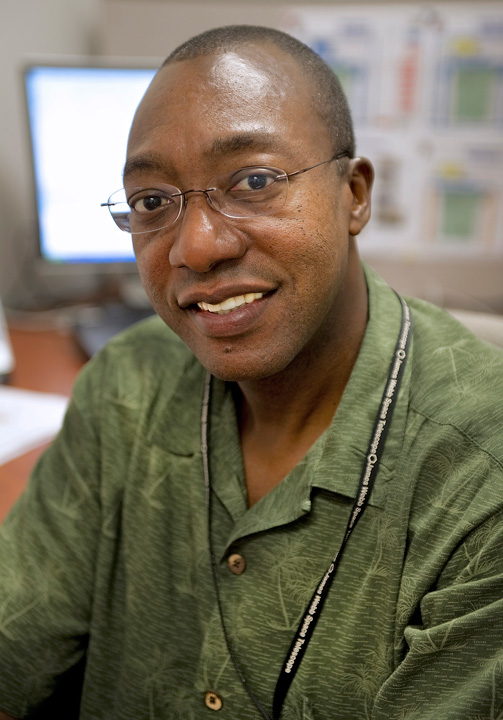
After graduating from Temple University with a bachelors in Engineering, he went on to do his post postgraduate studies in Engineering and Management at the University of Maryland.
Rashford, along with Puerto Rican scientist Charles Rivera, invented the world’s first portable 3D non-destructive evaluation (NDE) system. The NDE system detects flaws in materials used to construct aircraft, spacecraft and industrial pipelines without having to take these materials apart.
For his contributions, he has received four National Aeronautics and Space Administration (NASA) Achievement Awards from the United States Government.
3. Dr Lawrence Williams
Cancer is a disease that has rattled the brain of scientists who have tried to establish a cure. Over the decades, there has been much advancement in the search for a cure and Williams has contributed to the research.
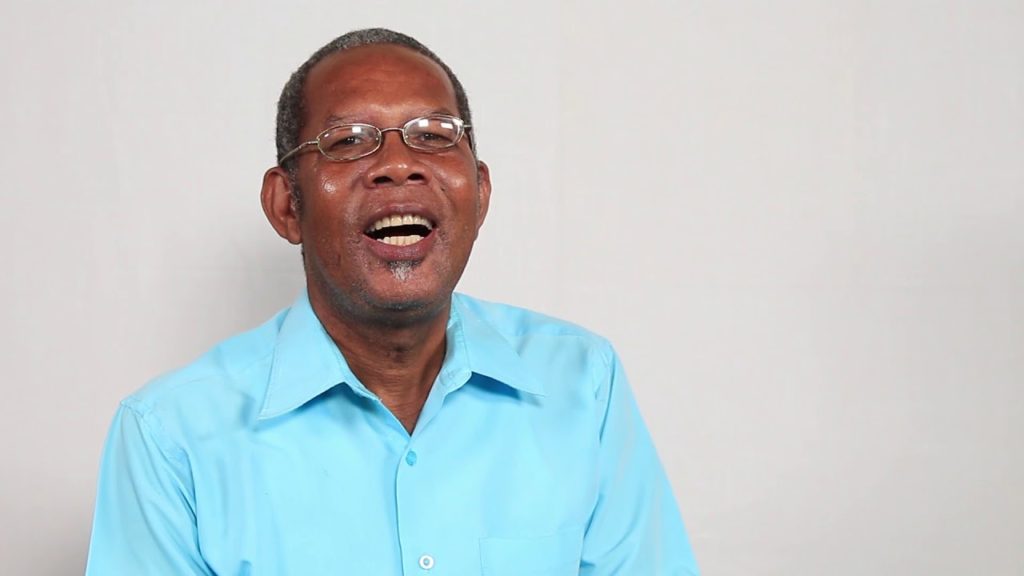
Using his PhD dissertation at the University of the West Indies on ‘Biological Activity in Leaf Extracts from the Artocarpus altilis’, Williams found pharmaceutical potential in tropical plants. He discovered that guinea hen weed would have the potential to fight cancers and went on to further investigate the plant with his colleagues.
Their investigations yielded the compound dibenzyl trisulphide, which has been shown to cure cancer cells inside a laboratory. The compound has also been found to cure cells that affect the brain, bladder, breast, skin and lungs.
In 2011, for his contribution to science, Williams was awarded the Silver Musgrave Medal by the Institute of Jamaica.
4. Austin James Thomas
If you enjoy being able to purchase fresh water fish from your local fish vendor, then you may want to thank Austin James Thomas.
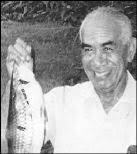
Thomas was a self-taught marine scientist who led the development of land-based fishing in Jamaica during his time at the Fisheries Officer at the Fisheries Division in the Ministry of Agriculture. Before his contribution, Jamaica was importing fresh water fish for local consumption.
He was instrumental to the creation of the mono-sex cultivation of the African or Nile perch, commonly known as tilapia in 1954. Through research, he discovered that the male fish grew larger when reared alone in ponds. This discovery has changed the face of the fishing industry and its practice has been adopted worldwide.
After his death, Thomas was awarded the National Medal for Science and Technology for his work in the fishing industry.
5. Dr Manley West
For many years, the sole purpose of marijuana, otherwise known as ganja, was to get high. But when scientists started to experiment on the drug they found that it had medicinal benefits.
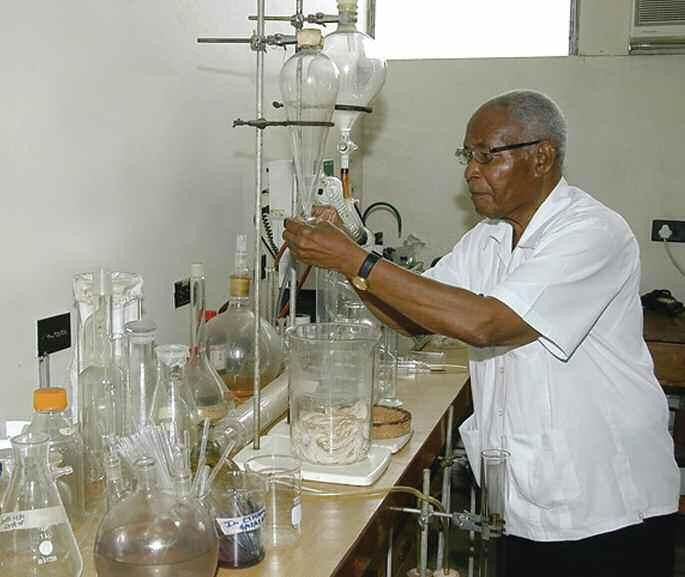
West was a pharmacologist known for pioneering work in the development of medicine from the marijuana plant. In 1985, West, along with Dr Albert Lockhart, an ophthalmologist, developed the drug Canasol from cannabis for the treatment of glaucoma.
For his contribution he was awarded the Centenary Medal for Outstanding Contribution to Natural
Sciences by the Institute of Jamaica in 1981.
– Send feedback to [email protected]







Comments